Choosing the perfect name is one of the most important aspects of having a baby. Parents understand that a child's name becomes a part of their identity. Thus you only have one chance to choose well. Because of this, parents frequently deliberate for months, trying on many names to see which would fit their tiny one. "Charlie is perfect; Cornelius might be too large, Ira might be too little."
A parent's responsibility to give their baby a decent name, however, does not cease when it appears on a birth certificate. Throughout their childhood, you need to continue to give your child a nice name since these names will be equally significant.
Humans utilize language to distinguish, categorize, and connect in a language-rich environment. As we use words to describe ourselves and the people around us, they are also used to label, define, and compare.
Have you ever considered how the terms we use to categorize people could impact how we treat them or how they perceive themselves? Children, being tiny sponges, absorb information about themselves.
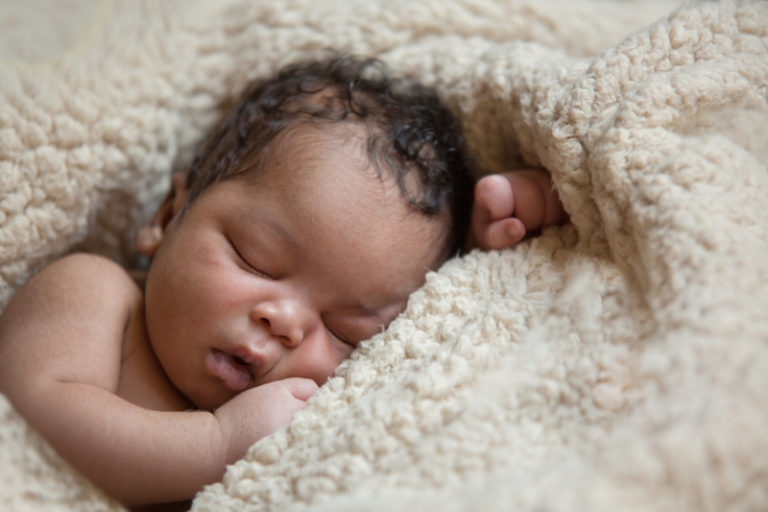
Importance of Indigenous Names
Indigenous names are names gifted to babies during their naming ceremony or by a family member, especially grandparents. Generally, indigenous names are descriptive and communicative; they express either the state of origin or their spiritual significance.
Growing up, we were given indigenous names that expressed relevance and insight, whether from Oyo, Ogun, Kaduna, Kogi, Evwreni, or Ughelli. Events and cultural peculiarities have an impact on some of our names. The mention of these names brought back memories of these events, whether pleasant or horrible.
The titles given to previous generations were much more meaningful and significant than ours. When choosing a name, parents, grandparents, or anyone else did so after careful consideration. Names weren't merely handed out. The names were insightful and significant. Although age and education allowed us to question things and deduce their meanings, we started to appreciate indigenous names' profundity, beauty, and philosophical nature. We are yet to fully embrace the uniqueness of giving our children indigenous names.
Oftentimes than normal, we have asked ourselves, "Why should I give my baby an indigenous name when I can give him or her an English name that most likely has equal meaning?"
Here are a few reasons why an English name, despite having the same meaning or communicating an equal understanding, cannot replace an indigenous name:
- 1. Giving your children indigenous names helps preserve long-cherished culture.
- 2. It is difficult for children with foreign names to trace their roots should the need arise in the future.
- 3. Indigenous names stand for unique cultural values crucial to our historical heritage and cannot be replaced.
- 4. Indigenous naming is an act that symbolizes the continuity of family tradition.
- 5. An indigenous name reflects a form of collective affiliation with a family, race, ethnicity, or faith.

How Does Indigenous Name Reflect in Personalities?
Indigenous names reflect the stories of various Nigerians and, in turn, can even represent their personality. Various tribes have different names, which could have similar meanings and denotations. Each of these names can determine the attitude and behavior of a personality.
For instance, the Igbo culture calls the firstborn child "Ada", meaning the first daughter. Due to this awareness name, various first daughters in the Igbo community display a certain level of maturity and competence to their name.
Research was carried out further to explain the impact of indigenous names on personalities. Individuals were interviewed to know whether their indigenous names affect their personalities or lifestyles.
Out of 10 candidates that were interviewed, 8 people believed that there is a connection between their indigenous name and what their identity has turned out to be. Among these people is someone named 'Ajoke', meaning 'One that is cherished by all. She is an indigene of Ondo state. Because of the meaning and circumstances surrounding her naming, she strongly believes that she is surrounded by great people who embrace her for who she is, people she can always rely on when she needs someone to rely on.
Conclusion
An indigenous name given to a person can affect their fate, social identity, and character. It can convey a person's ideals, ethnicity, and cultural views. Whether you give your child or children an indigenous name is totally up to you. From the survey, it has been proven that indigenous names are necessary for a high level of relevance.
If you were to give your baby an indigenous name, what would it be and why? If you’re deciding on naming your baby an indigenous name, discover the myriad of names on our website here.


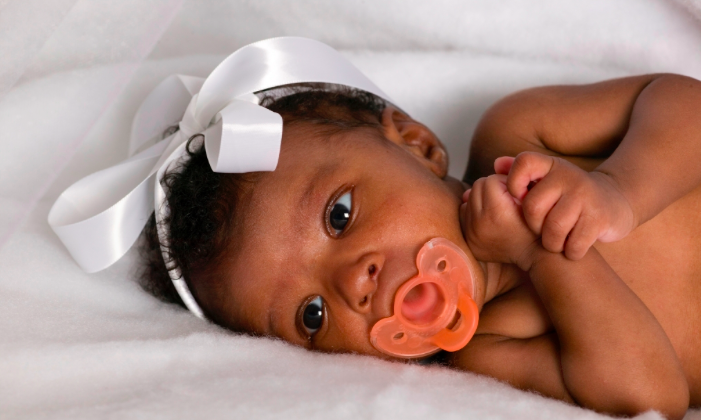
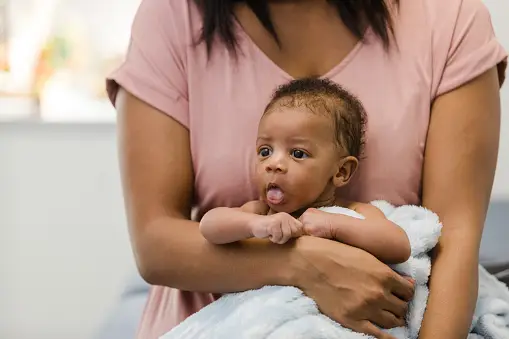
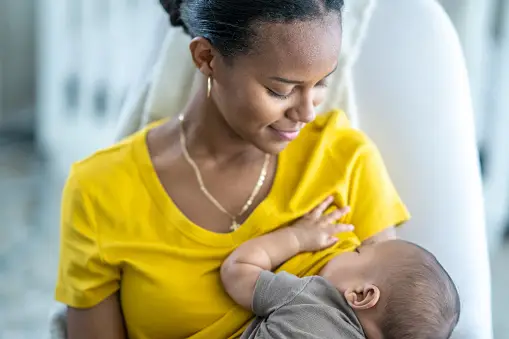
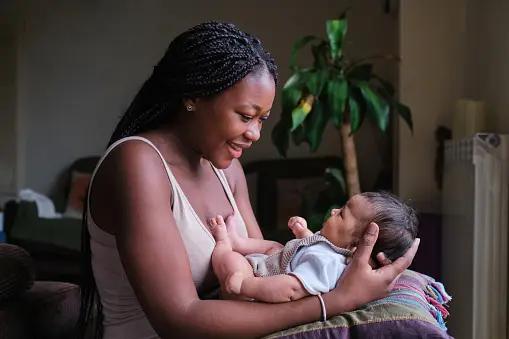
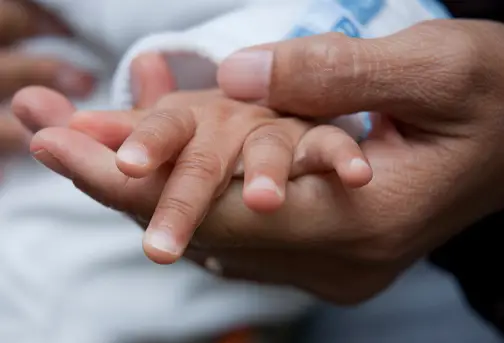
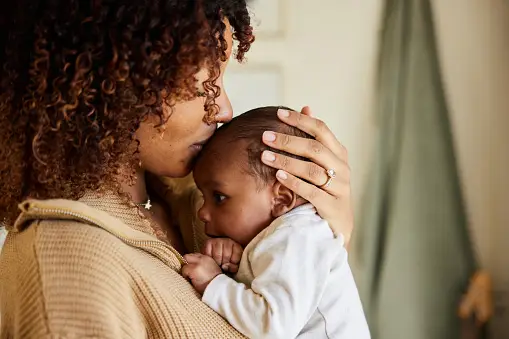

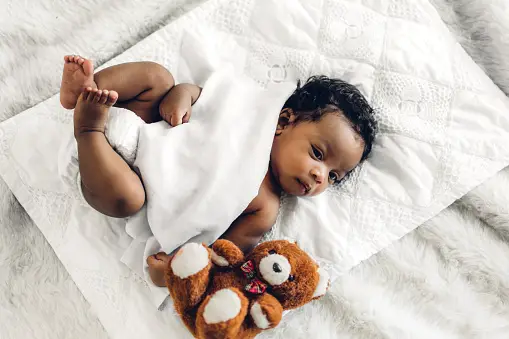
Comments